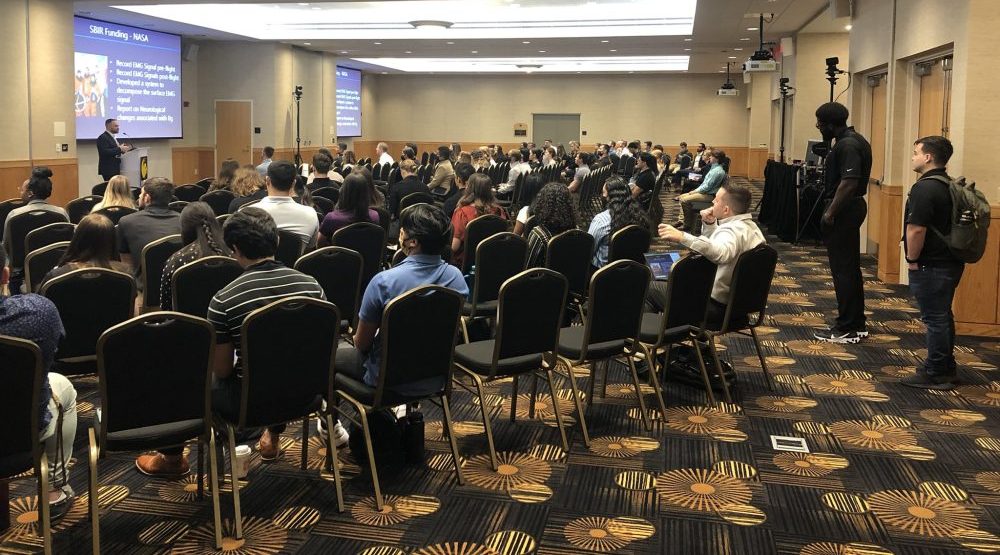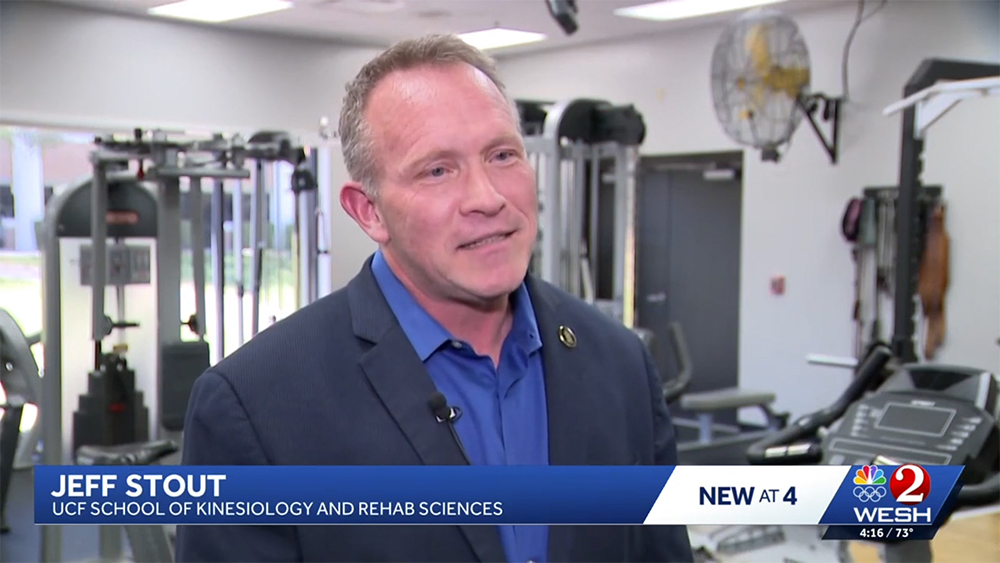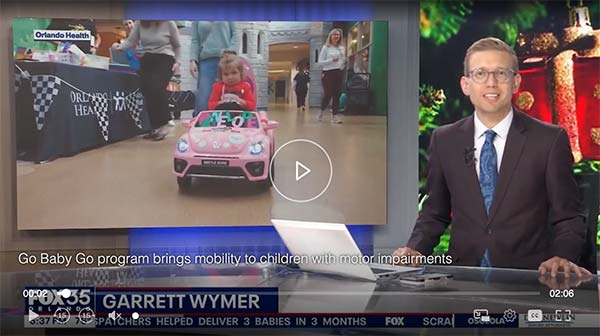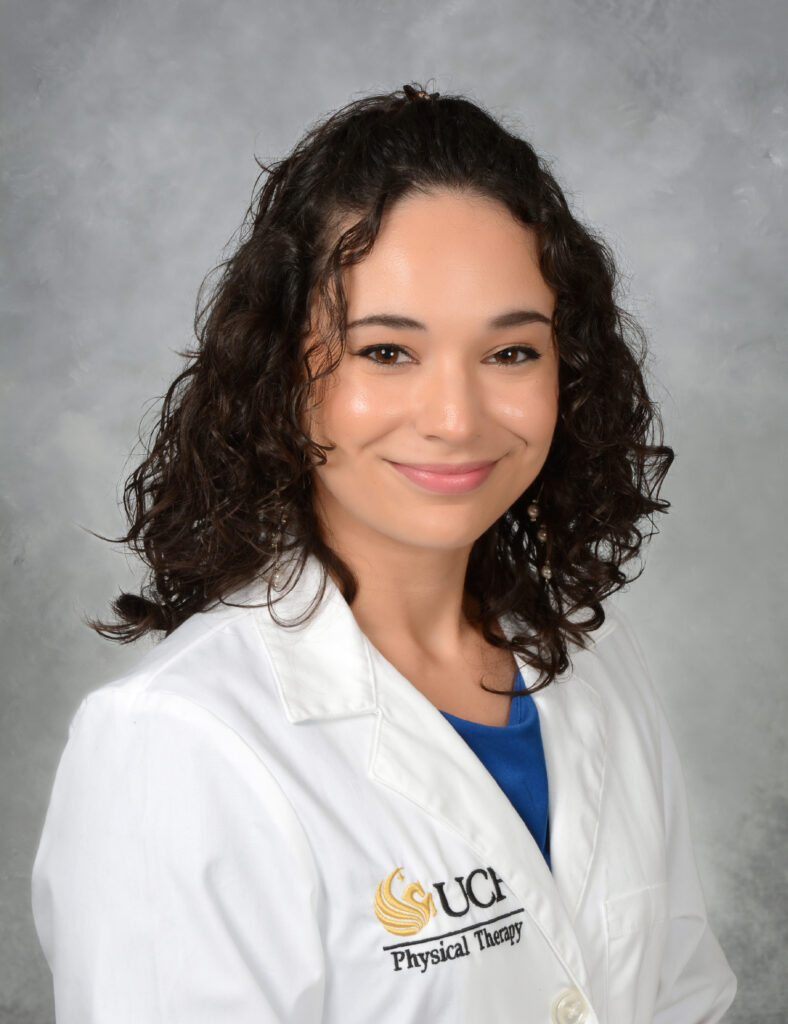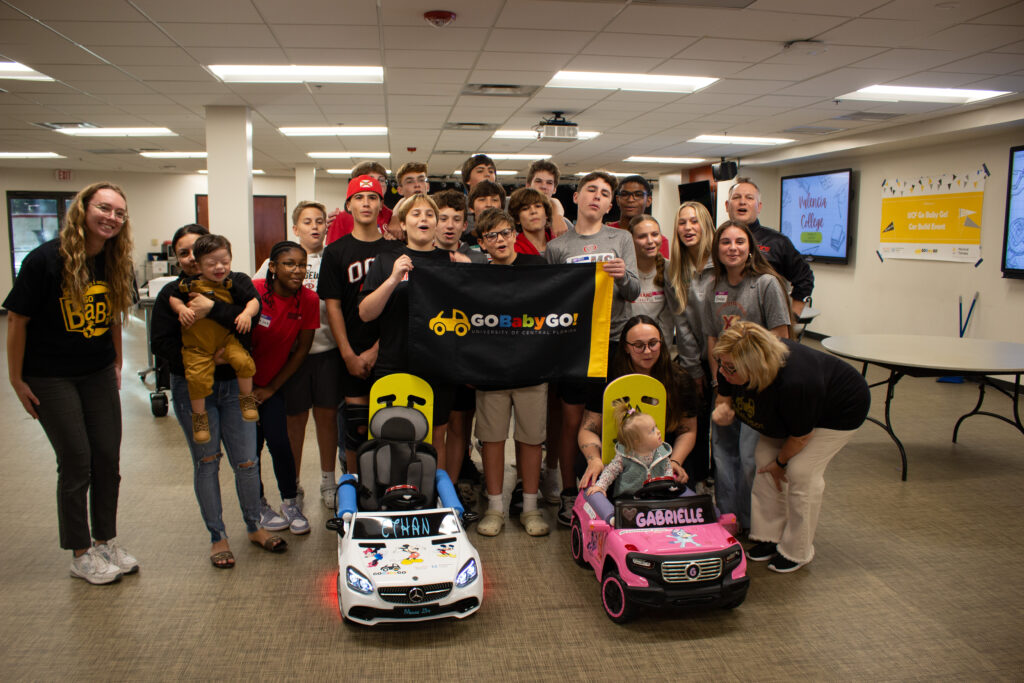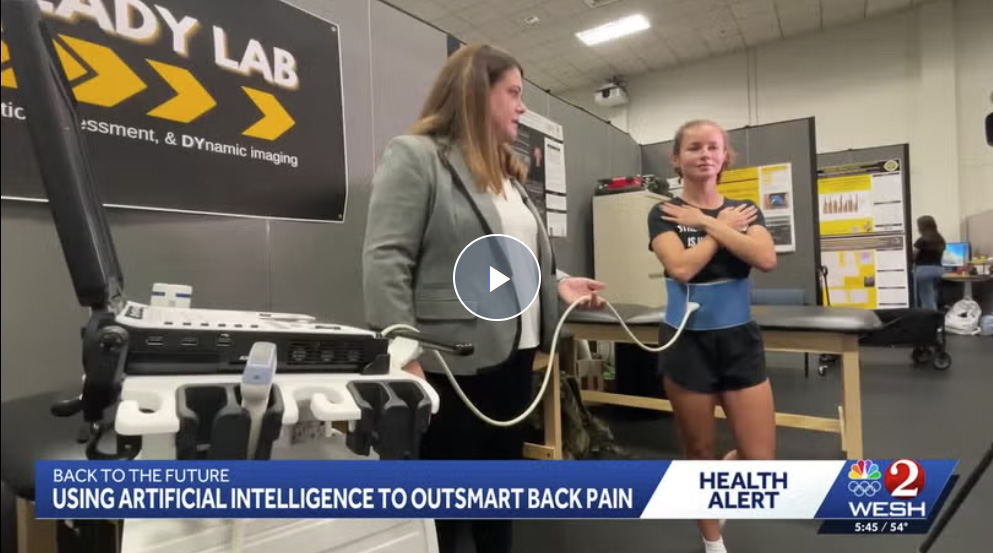The Institute of Exercise Physiology and Rehabilitation Science conference brought together kinesiology, physical therapy, and athletic training researchers, clinicians, and students who aspire to enter the field during the on-campus and online hybrid event on February 25-26. The Institute is the research collective of the UCF School of Kinesiology and Physical Therapy, comprised of various labs dedicated to advancing the science of exercise and rehabilitation. The annual conference brings in experts from across the country, and the world, to share knowledge and advance the field of exercise physiology and rehabilitation science.
This year’s conference theme was “Finding Strength: Drawing Synergies from Exercise Physiology and Rehabilitation.” This was the second year the conference was held, but the first time there was an in-person presence since the pandemic.
“Scientific advancement usually happens at the intersection of disciplines,” said physical therapy associate professor Matt Stock, who also serves as the institute’s director. “What makes our conference special is the incredible diversity of topics and perspectives. We are intentional about not focusing on any one topic. Having the speakers on campus and being able to showcase the many exciting things happening at UCF was amazing.”
More than 200 people arrived on campus, with 175 more joining online to hear from experts in kinesiology, exercise science and other related healthcare fields.
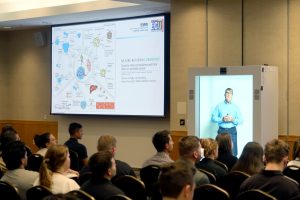 This year, there were several unique opportunities for in-person participants, including a “Lab Crawl” Friday morning to learn more about the IEPRS labs, and a first-of-its-kind keynote address delivered live via hologram as Dr. Robert Newton presented from Edith Cowan University in Perth, Australia on the topic of exercise as treatment for cancer.
This year, there were several unique opportunities for in-person participants, including a “Lab Crawl” Friday morning to learn more about the IEPRS labs, and a first-of-its-kind keynote address delivered live via hologram as Dr. Robert Newton presented from Edith Cowan University in Perth, Australia on the topic of exercise as treatment for cancer.
With topics ranging from pain science in physical therapy to female athlete nutrition, the conference offered a unique opportunity to learn from experts in the field and advance exercise physiology principles and practices in rehabilitation and prevention.
“Our conference is unique in that it is a product of so much collaboration with our students, experts, and faculty leading the IEPRS labs,” said Stock. “It’s been so well received by participants these past two years, and I know each year is only going to build on that success.”
